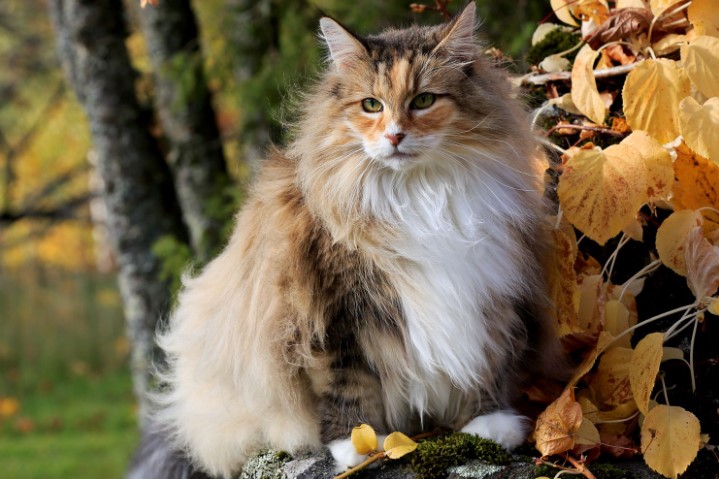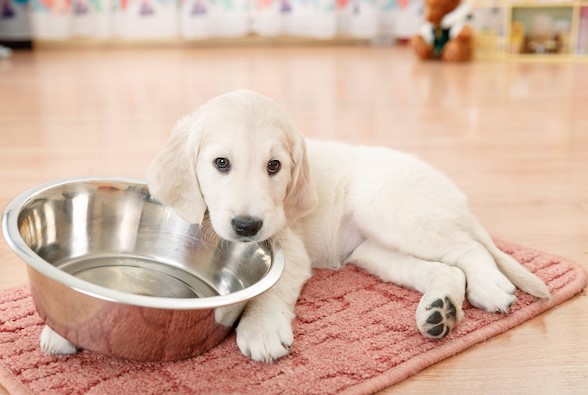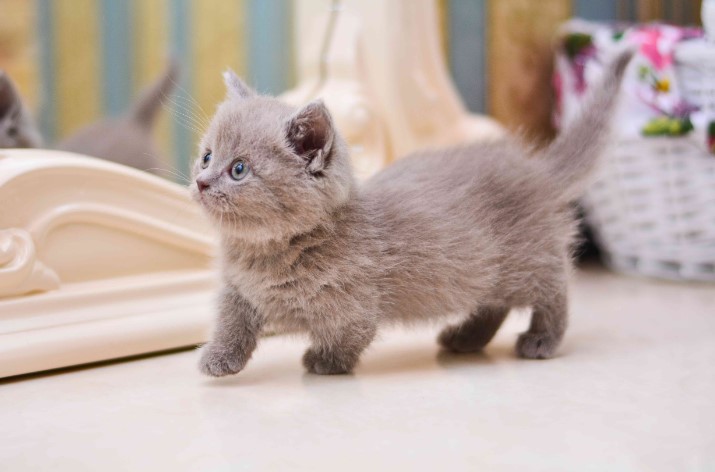
Munchkin Cat Breed
Introduction to the Munchkin Cat Breed
The Munchkin cat is one of the most unique and captivating cat breeds out there. Known for their short legs and playful personalities, these cats have charmed their way into the hearts of cat lovers worldwide. But what makes the Munchkin cat so special? Let’s dive into the world of this adorable breed and discover everything you need to know.
Physical Characteristics
Unique Features
The most distinguishing feature of the Munchkin cat is undoubtedly their short legs. This trait is due to a natural genetic mutation, which results in legs that are about half the length of those of most other cats. Despite their short stature, Munchkin cats are agile and capable of running and jumping just like any other cat.
Size and Weight
Munchkin cats are medium-sized cats, typically weighing between 5 to 9 pounds. They have a well-rounded body, and while their legs are short, their torsos are of average length, giving them a balanced appearance.
Coat and Colors
The Munchkin cat comes in a variety of coat types and colors. Whether you prefer long-haired or short-haired cats, the Munchkin breed offers both. Their coats can be found in nearly every color and pattern, making each Munchkin cat truly unique.
Personality and Temperament
General Behavior
Munchkin cats are known for their playful and affectionate nature. They are highly social and love to interact with their human companions. Despite their small size, they have big personalities and are often described as being very curious and adventurous.
Interaction with Humans
These cats thrive on human interaction and are known to be very affectionate with their families. They enjoy being part of household activities and are often found following their owners around the house.
Interaction with Other Pets
Munchkin cats generally get along well with other pets, including dogs and other cats. Their friendly and outgoing nature helps them to quickly form bonds with other animals in the household.
Health and Lifespan
Common Health Issues
While the Munchkin cat breed is generally healthy, there are a few health issues to be aware of. Due to their short legs, they may be prone to spinal problems similar to those seen in some dog breeds. Regular vet check-ups are crucial to monitor their health.
Lifespan Expectancy
With proper care, Munchkin cats can live a long and healthy life, typically between 12 to 15 years. Ensuring they have a balanced diet, regular exercise, and routine veterinary care will help them live to their fullest potential.
Regular Health Check-ups
Routine vet visits are essential for keeping your Munchkin cat healthy. Regular check-ups can help catch any potential health issues early, ensuring your cat stays in good health.
Diet and Nutrition
Recommended Diet
A balanced diet is vital for the health and well-being of a Munchkin cat. High-quality commercial cat food that meets their nutritional needs is recommended. It’s important to provide a diet that supports their active lifestyle and maintains their ideal weight.
Feeding Schedule
Establishing a regular feeding schedule is important for your Munchkin cat. Typically, feeding them twice a day – once in the morning and once in the evening – works well. Always ensure they have access to fresh water.
Foods to Avoid
Avoid feeding your Munchkin cat foods that are toxic to cats, such as chocolate, onions, garlic, and certain artificial sweeteners like xylitol. Human foods should generally be avoided unless recommended by a vet.
Grooming and Care
Coat Maintenance
Grooming needs will depend on whether your Munchkin cat has a long or short coat. Long-haired Munchkins will require more frequent brushing to prevent mats and tangles, while short-haired cats can be brushed less often.
Nail Trimming
Regular nail trimming is essential to keep your Munchkin cat comfortable and to prevent overgrowth. Aim to trim their nails every couple of weeks.
Ear and Dental Care
Routine ear cleaning and dental care are important aspects of your Munchkin cat’s grooming routine. Check their ears regularly for signs of infection and brush their teeth to prevent dental issues.
Living Environment
Ideal Home Setup
Munchkin cats adapt well to various living environments, whether in a small apartment or a larger home. They need a safe and comfortable space where they can relax and play.
Indoor vs. Outdoor Living
While Munchkin cats can live both indoors and outdoors, it’s generally safer to keep them indoors. This protects them from potential hazards like traffic, predators, and diseases.
Safe Space and Play Areas
Providing your Munchkin cat with a designated play area and safe spaces to hide and relax is important. Cat trees, scratching posts, and cozy beds are all great additions to their living environment.
Training and Socialization
Basic Training Tips
Munchkin cats are intelligent and can be trained to follow basic commands and use a litter box with ease. Positive reinforcement techniques, such as treats and praise, work best.
Socialization Techniques
Early socialization is key to raising a well-adjusted Munchkin cat. Expose them to various people, environments, and other pets gradually to build their confidence and social skills.
Addressing Behavioral Issues
If your Munchkin cat displays any behavioral issues, such as scratching furniture or aggression, address them promptly. Consistent training and providing appropriate outlets for their energy can help manage these behaviors.
Breeding and Genetics
Breeding Practices
Responsible breeding practices are essential to ensure the health and well-being of Munchkin cats. Breeders should prioritize the health of the cats over producing more kittens.
Genetic Considerations
Due to the genetic mutation that causes their short legs, breeding Munchkin cats requires careful consideration. It’s important to avoid breeding two Munchkin cats together to minimize the risk of severe health issues.
Responsible Breeding
Always choose breeders who adhere to ethical breeding standards. They should provide health clearances for their cats and be transparent about any potential genetic issues.
Adoption and Buying Tips
Adoption Process
Adopting a Munchkin cat from a shelter or rescue organization is a great way to give a cat a loving home. The adoption process typically involves filling out an application, meeting the cat, and sometimes a home visit.
Choosing a Reputable Breeder
If you decide to buy a Munchkin cat from a breeder, ensure they are reputable. Look for breeders who are members of recognized cat breeding organizations and have positive reviews.
Costs Involved
The cost of adopting or buying a Munchkin cat can vary. Adoption fees are generally lower, while purchasing from a breeder can be more expensive. Additionally, factor in costs for food, vet care, and other supplies.
Popular Myths and Misconceptions
Common Myths
One common myth is that Munchkin cats are unable to jump due to their short legs. In reality, they can jump quite well, although not as high as some other breeds.
Debunking Misconceptions
Another misconception is that Munchkin cats suffer from severe health issues solely due to their short legs. While they can have some health concerns, they are generally a healthy breed when responsibly bred and cared for.
Activities and Toys
Favorite Activities
Munchkin cats are playful and enjoy activities that engage their minds and bodies. They love chasing toys, climbing, and interactive play with their owners.
Recommended Toys
Invest in a variety of toys to keep your Munchkin cat entertained. Puzzle toys, feather wands, and laser pointers are all great options.
Mental Stimulation
Providing mental stimulation is important for your Munchkin cat’s well-being. Interactive toys and regular playtime can help keep their minds sharp and prevent boredom.
Traveling with a Munchkin Cat
Preparation Tips
If you plan to travel with your Munchkin cat, preparation is key. Ensure they are comfortable with their carrier and have all necessary supplies, including food, water, and a litter box.
Travel Safety
Safety is paramount when traveling with your cat. Secure their carrier in the car and never leave them unattended. For air travel, check airline regulations regarding pet travel.
Settling in a New Place
When arriving at a new destination, give your Munchkin cat time to adjust. Provide a quiet space where they can feel safe and gradually introduce them to the new environment.
Famous Munchkin Cats
Notable Munchkin Cats in Media
Munchkin cats have made appearances in various media, charming audiences with their unique looks and personalities. They have been featured in movies, TV shows, and social media.
Celebrity Owners
Several celebrities have fallen in love with the Munchkin cat breed. Their popularity among famous personalities has helped boost the breed’s visibility and appeal.
Impact on Pop Culture
The Munchkin cat has had a significant impact on pop culture, becoming a beloved breed among cat enthusiasts worldwide. Their distinctive appearance and playful nature have made them icons in the feline world.
Conclusion
In conclusion, the Munchkin cat breed is a delightful and unique addition to any household. With their playful personalities, affectionate nature, and distinctive short legs, they bring joy and companionship to their owners. By understanding their needs and providing proper care, you can ensure your Munchkin cat lives a happy and healthy life.
FAQs
Are Munchkin cats prone to health issues due to their short legs?
While Munchkin cats can be prone to certain health issues, responsible breeding and regular veterinary care can help manage these concerns effectively.
How do Munchkin cats get along with other pets?
Munchkin cats generally get along well with other pets, including dogs and other cats, due to their friendly and social nature.
What is the average cost of adopting a Munchkin cat?
The cost of adopting a Munchkin cat can vary, but adoption fees typically range from $75 to $150. Purchasing from a breeder can be more expensive, often between $500 to $3,000.
Do Munchkin cats require special care?
Munchkin cats do not require special care beyond the standard needs of any cat, although regular monitoring for health issues related to their short legs is recommended.
Can Munchkin cats jump as high as other cats?
Munchkin cats can jump, but their short legs may limit the height they can reach compared to longer-legged breeds.
You May Also Like
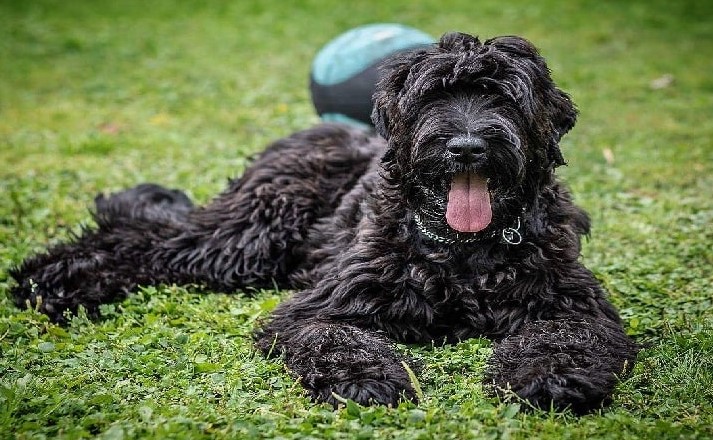
Black Russian Terrier Dog Breed
November 1, 2024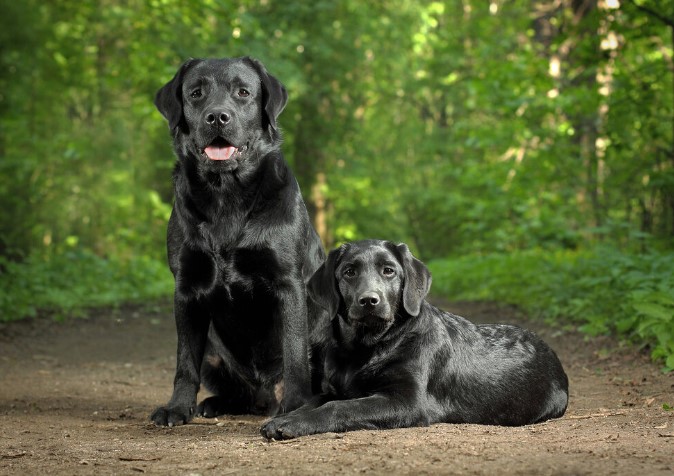
From Pup to Pal: Nurturing Your Black Labrador’s Development
September 5, 2024